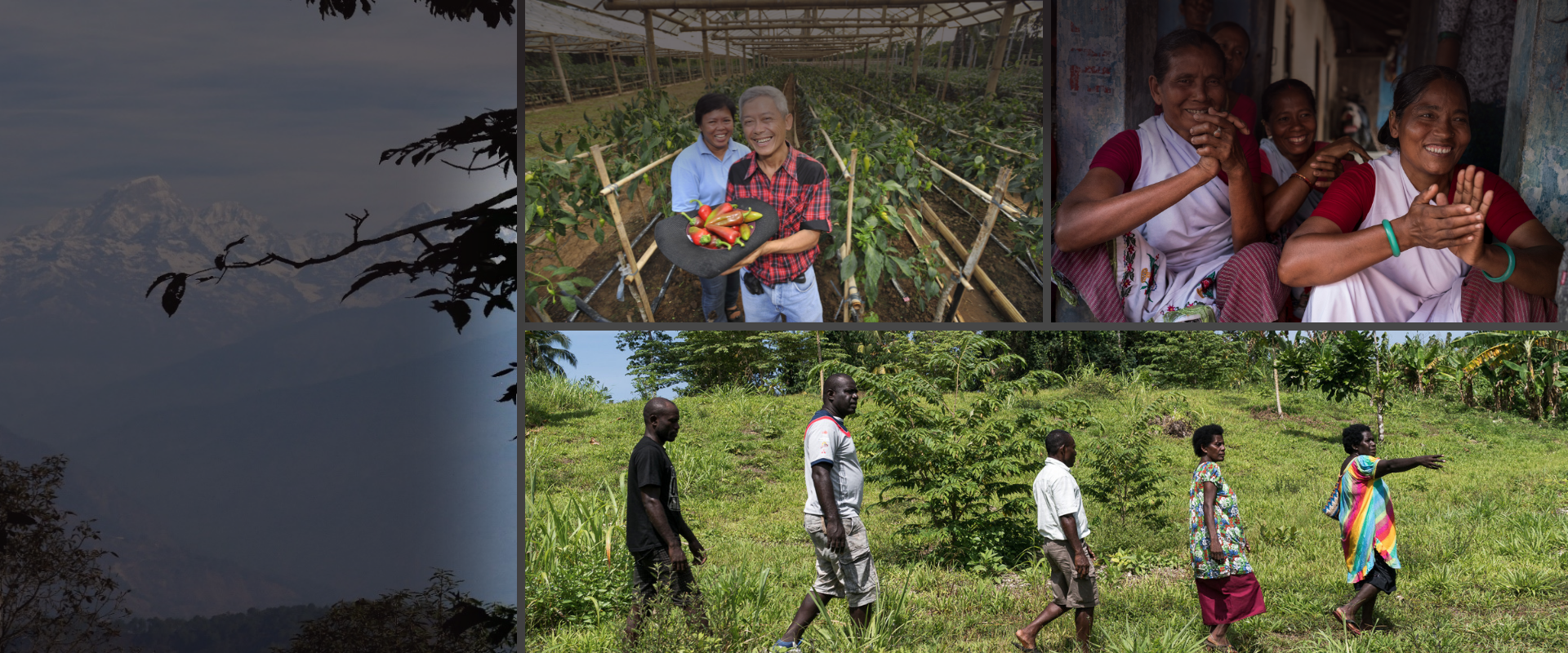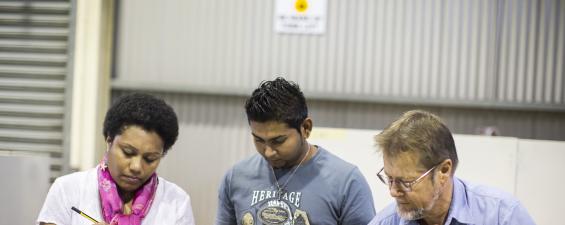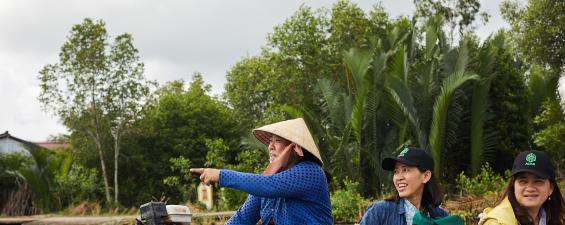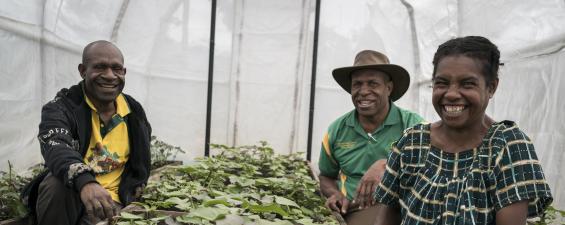A wealth of information and resources is being produced by organisations like ACIAR and others who are working with women in developing countries to improve their lives, and in turn, the lives of their families and communities. We are building our global resources page to help you find links to these organisations and learn more about their work and the difference they are making to the lives of women across the developing world.
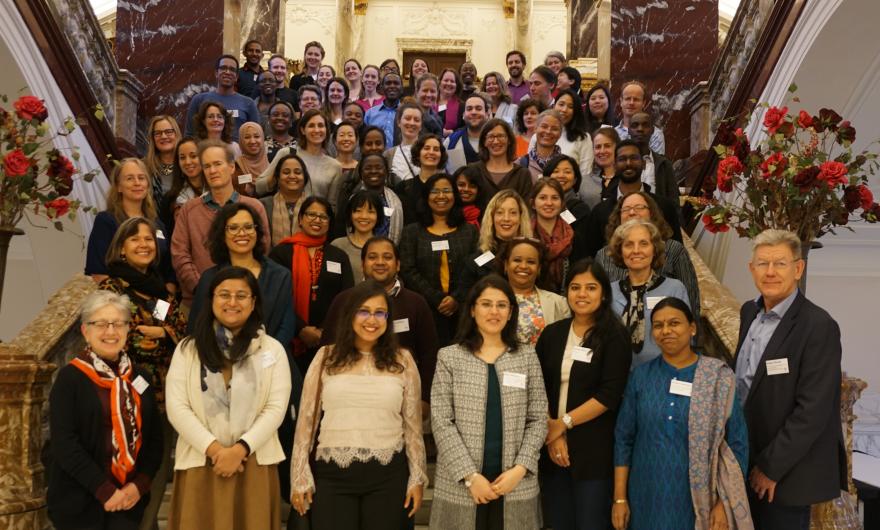
This platform aims to increase the visibility and impact of gender research undertaken across CGIAR.
It supports priority setting for gender research, strategic partnerships, capacity development and collaboration between and among CGIAR programs, Centers, and partners, building on the work of system-wide gender network established in 2011.
The Platform Coordinator, Rhiannon Pyburn, is based at the Royal Tropical Institute (KIT) in Amsterdam.
Gender Research Coordinators from each of the 12 CGIAR Research Program, and representatives from 15 CGIAR Centers are core members of the Platform, along with the gender scientists and post-doctoral fellows from across the CGIAR system.
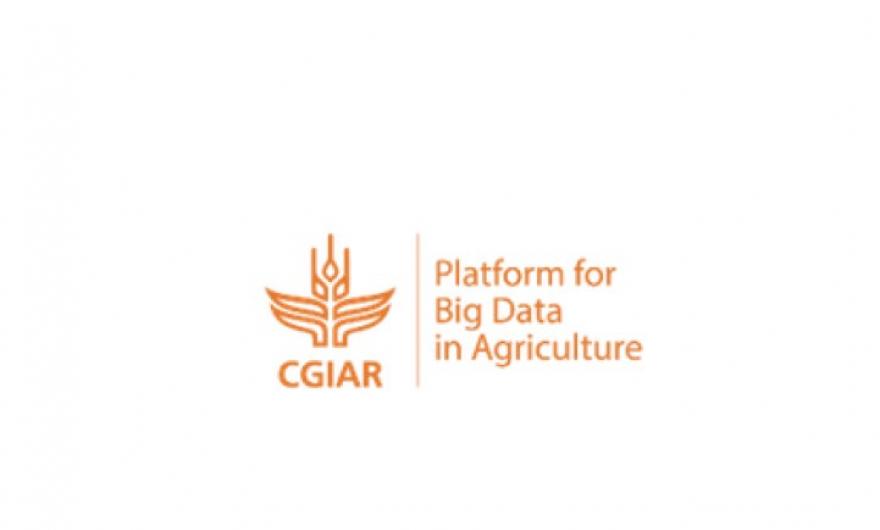
The Platform for Big Data in Agriculture is CGIAR’s key initiative to leverage e-research and data-driven impact to reduce poverty, improve food and nutrition security, and support natural resources and ecosystem services worldwide.
The Platform, which officially launched in May 2017, aims to effect digital transformations both inside and outside of CGIAR. It has links to data from the Collaborative Platform for Gender Research through a strong interest by the big data community that wants to factor in gender research much more and the CGIAR gender research community, which is very interested in how big data and big data techniques can leverage gender research.
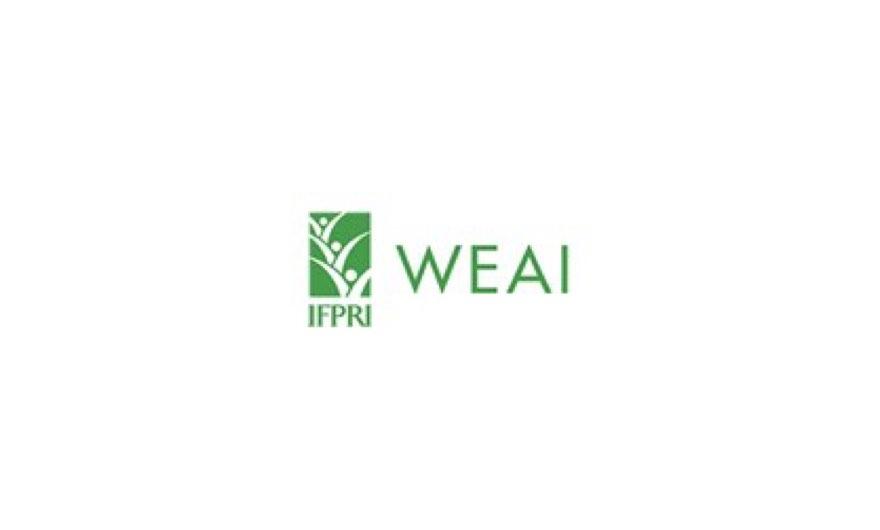
Women play a critical and potentially transformative role in agricultural growth in developing countries, but they face persistent obstacles and economic constraints limiting further inclusion in agriculture. The Women’s Empowerment in Agriculture Index (WEAI) measures the empowerment, agency, and inclusion of women in the agriculture sector in an effort to identify ways to overcome those obstacles and constraints.
The Index is a significant innovation in its field and aims to increase understanding of the connections between women’s empowerment, food security, and agricultural growth. It measures the roles and extent of women’s engagement in the agriculture sector.

GENNOVATE is a community of practice within the CGIAR Collaborative Platform for Gender Research. A global comparative research initiative, GENNOVATE addresses the question of how gender norms and agency influence men, women, and youth to adopt innovation in agriculture and natural resource management (NRM).
Carried out across 137 rural communities in 26 countries, this qualitative comparative study aims to provide authoritative “bottom-up” research to advance gender-transformative approaches and catalyze change in international agricultural and NRM research for development.
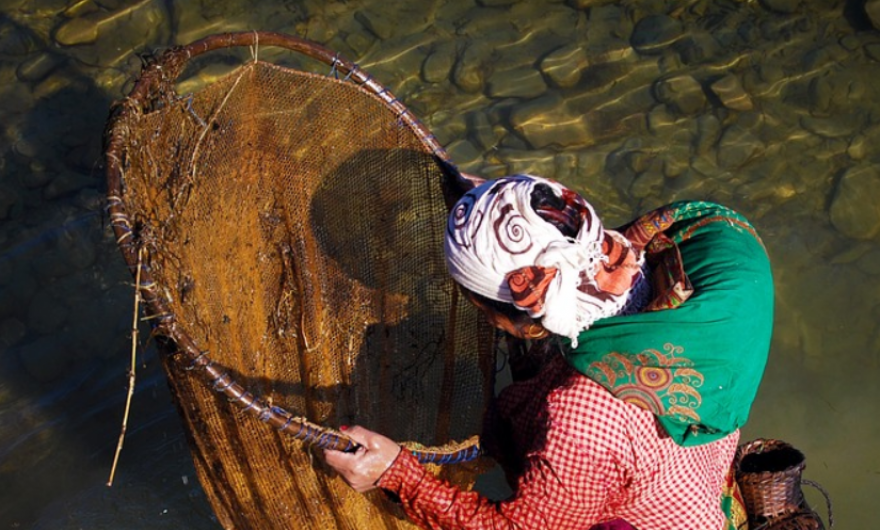
Within the SDIP, the CSIRO (as well as ACIAR) has been working with partners in India, Pakistan, Nepal and Bangladesh to increase diversity (with emphasis on women, as well as early to mid-career staff) in the trainees who attend capacity-building workshops.
As part of this work, CSIRO has been providing mentoring and support to female hydrologists in Pakistan, Nepal and India. In Nepal, CSIRO is supporting women leaders’ participation at SDIP partners’ decision-making processes, through engaging with the Ministry of Women, Children and Social Welfare to be part of the Committee that advises on CSIRO’s activities.
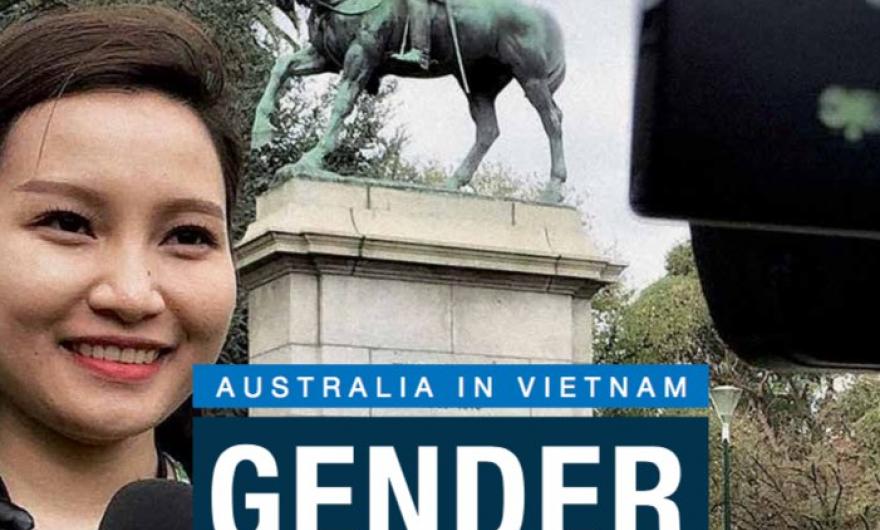
In February 2016, the Australian Foreign Minister launched the Gender Equality and Women’s Empowerment Strategy. It outlines Australia’s commitment to gender equality and women’s empowerment in foreign policy, economic diplomacy, development programs and corporate services.
This Australia in Vietnam Gender Equality Strategy 20162020 (the Strategy) presents Australia’s priority commitments in Vietnam and our whole-of-government approach to improving the quality of life for women and girls in Vietnam. The Strategy works across the two missions in Ha Noi and Ho Chi Minh City, and covers all Australian Government agencies in Vietnam. Shared commitments to promote gender equality are outlined in the Australia Vietnam Plan of Action 2016-19.
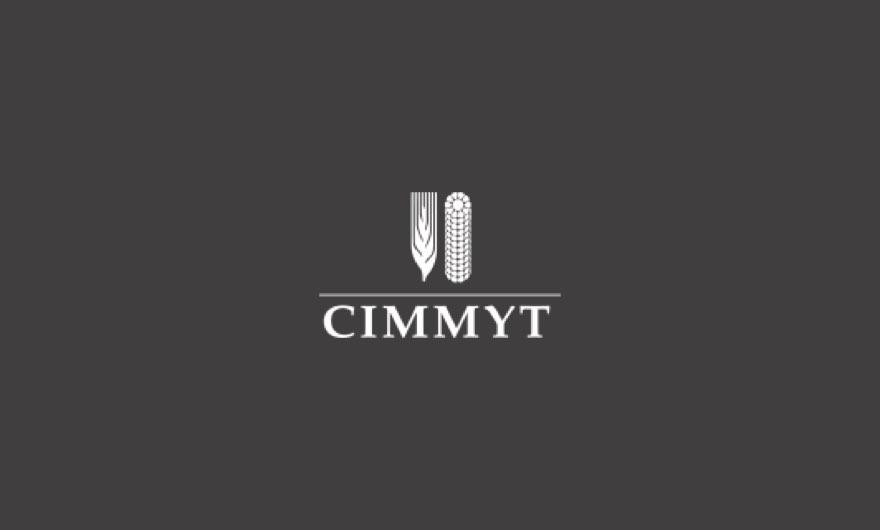
The following video is from CIMMYT, the International Maize and Wheat Improvement Center.
Published on 7 Feb 2019, it shows CIMMYT researchers working with Ethiopian partners to improve food security, agricultural research, and farm productivity for men and women farmers. CIMMYT is proud to contribute to advancing gender equality in Ethiopia and to partner with many talented and committed Ethiopian researchers.
